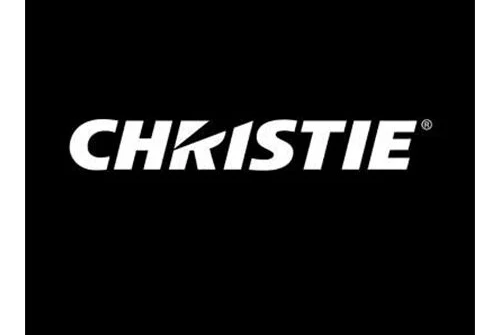Newtec claims 506 Mbps throughput on Ku Transponder
The professional video industry's #1 source for news, trends and product and tech information. Sign up below.
You are now subscribed
Your newsletter sign-up was successful
satellite transmission specialist Newtec, has broken bandwidth efficiency records using the DVB-S2 standard by achieving 0.5 Gbps two-way throughput over a 72 MHz Ku transponder on a Eutelsat satellite. The company said the new milestone, which has never been achieved before, would pave the way for customers to send and receive more programming, faster, than ever. Customers also, according to the company, gain greater efficiency, increased performance and expanded market reach.
Tests were performed at Eutelsat’s teleport in Rambouillet, France during the night in order not to disturb on-going live sports transmissions during the daytime hours. Cloud-cover conditions were taken into account to ensure the tests were relevant for real-world broadcast and telecom situations, the company said.
The tests were carried out in several steps to validate different market application scenarios. In the two-way high-speed backbone tests, Newtec combined its Bandwidth Canceller and next-generation Newtec MDM6000 series modems to achieve 506 Mbps (2 x 253 Mbps).
A number of elements were used to improve overall efficiencies, including the use of Clean Channel Technology, a Newtec system for implementing the lowest roll-off and filtering to boost throughput. New modulation and Forward Error Correction (FEC) codes were also used. A complete reworked 32 APSK 135/180 (135 over 180) modulation proved to be most optimized.
In another test, 352 Mbps was achieved in a one-way distribution set-up over the 72 MHz transponder using 64 APSK modulations and related codes, with a significant margin on the Ku-band system.
Serge Van Herch, Newtec’s CEO, said the company’s MDM6000 modem will be available in October and is applicable in “a large scope of applications requiring high service availability.”
With over 280 employees in five continents, Newtec offers solutions for broadcast, broadband access and backbone and trunking applications. Its relationship with the European Space Agency (ESA) has led to industry standards including DVB, DVB-S2, DVB RCS and iSatTV Cenelec pr EN50478.
The professional video industry's #1 source for news, trends and product and tech information. Sign up below.
